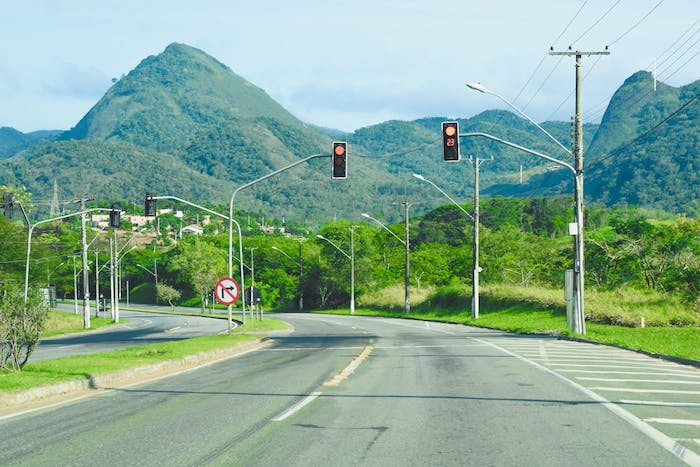A billion-dollar initiative to expand high-speed broadband across West Virginia is facing delays due to disputes over the costs associated with utility pole attachments. One-quarter of the state’s homes and businesses currently lack adequate internet access.
West Virginia’s broadband expansion plan, backed by federal funds, aims to deliver 100/20 Mbps speeds to every household by 2029. However, electric utilities are charging what ISPs say are steep fees for attaching fiber cables to poles or replacing old poles to accommodate new infrastructure. These fees can range from $600 to $6,000 per pole, with some utility companies wanting broadband providers to cover the full cost of pole replacements, reports Mountain State Spotlight.
Telecoms argue they should not bear the cost of upgrading poles they don’t own, while utilities contend that the costs should fall to the attachers, because they are using the infrastructure. The Public Service Commission of West Virginia has formed a task force to address these issues, bringing together both utility and ISP representatives. The task force will consider a new process requiring utilities to share pole inspection information with attachers, and requiring periodic reporting of pole attachment applications and pole compliance, reports Mountain State Spotlight.
ISP Citynet is working to expand its services with federal funds and will be part of the state task force on pole attachments. Citynet President Jim Martin said the firm has allocated nearly $8,000 a mile for costs associated with engineering and attachment fees, or about $300 a pole. But if the company is charged additional fees or the responsibility of replacing outdated poles, the costs would skyrocket, further slowing Citynet’s progress. “We just keep fighting about who’s going to pay for it, but at the end of the day the taxpayers are going to pay for it,” Martin said.
By Leslie Stimson, Inside Towers Washington Bureau Chief




Reader Interactions